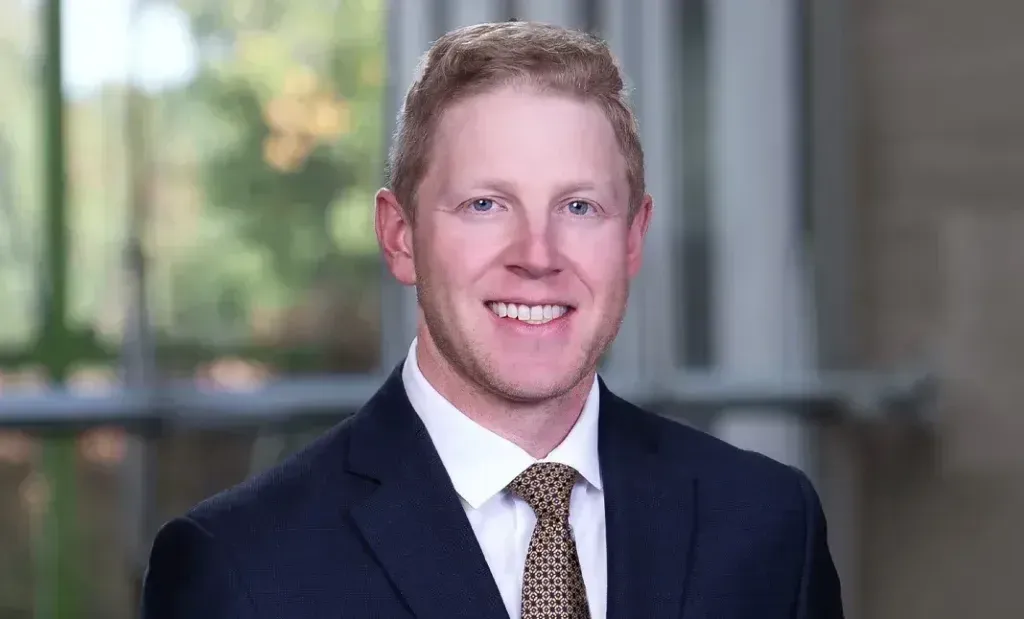FCC Defends Bus Wi-Fi Before 5th Circuit
The court weighed whether a school bus can be considered a classroom under the E-Rate program’s guidelines.
Jericho Casper

WASHINGTON, Nov. 4, 2024 – A Federal Communications Commission attorney defended the agency's 2023 decision to fund Wi-Fi on school buses before a federal appeals court Monday, arguing the FCC’s actions were supported by federal law established decades ago.
“The petitioners’ argument that this decision ‘blows the doors open’ to internet funding everywhere misrepresents the Order,” FCC attorney Rachel May argued. “The Order specifically limits funding to bus Wi-Fi, and only bus Wi-Fi — any other off-campus service, would still need to meet the classroom test independently.”
The case, Molak v. FCC, brought by Texas residents Maureen and Matthew Molak, challenged whether federal money contained in the FCC’s E-Rate program, meant to support educational access within school buildings, can legally extend to buses.
Representing the Molaks, attorney David K. Suska argued “A school bus is not a classroom — not as a matter of ordinary usage, statutory definitions, or common sense.”
Suska said Section 254 of the Communications Act — which established the Universal Service Fund and, by extension, the E-Rate program — restricted E-Rate funding to traditional classroom settings. May, however, insisted that the FCC’s actions fell well within its mandate to support educational purposes through E-Rate.
“Even if ‘classroom’ does mean a physical room in a building, the statute says to enhance access to the classroom,” May argued. “[Students] need the internet to do [their] work. Services that help students do that are services for classrooms.”
Suska argued that the FCC’s interpretation places an added financial burden on consumers, pointing out that “these costs are ultimately passed on to telephone subscribers like my clients,” by increasing contributions to the USF.
May countered by saying “any increase would likely amount to less than a penny on monthly bills.” She said adding Wi-Fi on buses would cost roughly $19 million from the Universal Service Fund — a tiny fraction of the fund’s $8.1 billion annual budget. Suska, however, estimated the cost at around 66 cents per subscriber, per month.
Beyond the financial dispute, Suska claimed the FCC’s ruling was issued without soliciting input from the public. “The FCC pushed out this declaratory ruling without notice or comment on a party-line vote,” he said.
Still, May defended the FCC, saying the agency followed appropriate processes in issuing the declaratory ruling.
The Fifth Circuit panel, consisting of Judges Jacques Wiener, Don Willett, and Stuart Duncan, has taken the case under submission, with a decision expected in the coming months.








Member discussion